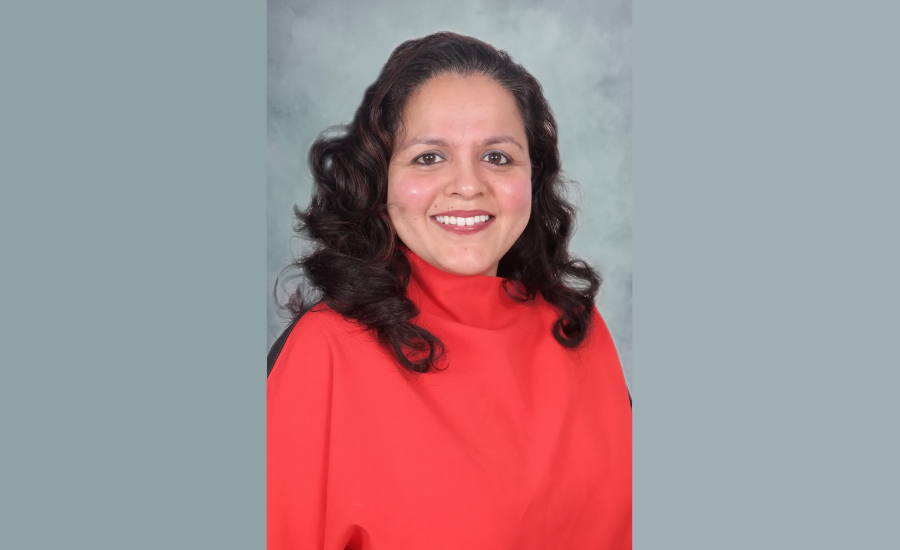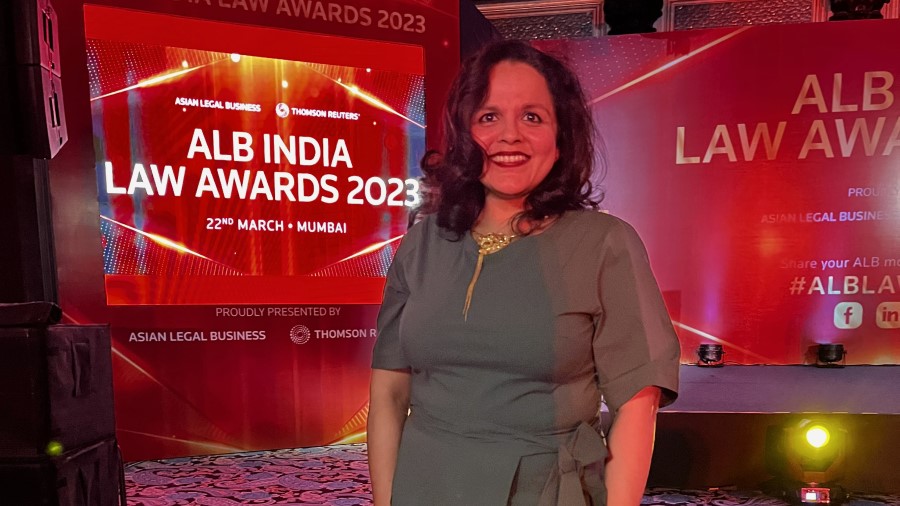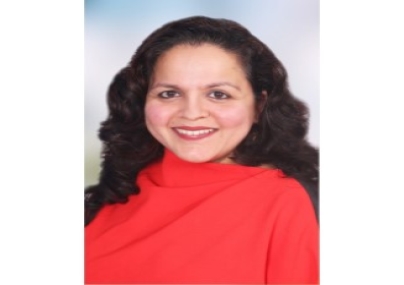
Surabhi Madan is senior director and global legal counsel of ASM, a Netherlands-headquartered multinational company specialising in semiconductor wafer processing equipment. Having started her career in 2004, Madan initially worked in private practice, focusing on litigation, IP, human rights, and environmental law. In 2011, she transitioned to an in-house role with technology company Genpact, and after a stint at Xerox, she joined ASM in 2017.
EDITOR'S NOTE: If you're a general counsel based in Asia who'd like to be featured in this series, please email mari.iwata@tr.com and ranajit.dam@tr.com.
ALB: What have been some of your highlights from your time in charge? And what are some leadership lessons you have learnt?
Madan: Setting high benchmarks and expectations for my team to support our excelling business was the starting point of my leadership journey. I wanted to protect and grow the hard-earned credibility I had achieved painstakingly with our senior leadership. Over a period of time, I have realised that a culture of fear of making errors hinders independent thinking.
ALB: What are some of the significant challenges the business has faced in the past few months, and how are you looking to tackle them?
Madan: We are a Dutch company that uses American technology, manufactures in Singapore and Korea, and sells to China certain technologies that are now heavily regulated. Navigating the plethora of regulatory requirements (which may sometimes have conflicting geo-political implications) and due diligence needs has been one of our foremost challenges. Our global compliance team has been at the forefront of interacting with industry associations and government counterparts to clarify and operationalise these regulations through business processes and policies.
ALB: What kind of internal culture are you looking to foster both within the team and your business as a whole?
Madan: We care, we deliver, we innovate – these are the words we live by each day!
ALB: On that note, how would you describe your hiring and talent retention strategy? What kinds of lawyers would make the best fit for your team?
Madan: Being part of an industry where we work alongside the brightest engineers in the world, we, as lawyers, need to be just as innovative as the rest of the company. I believe this is the most important aspect that sets our legal team apart from the others. We do not want to be a team that impedes the company's growth by creating bottlenecks. We act as partners that work based on risk analysis and mitigation based on legal possibilities and industrial realities—lawyers who can think like engineers with problem-solving skills are best suited for our company.
ALB: What kind of compliance system have you established for your company? What are the advantages of it? What parts need further improvement?
Madan: As our business has tripled over the last few years, our compliance team has had one of the highest percentile increase in headcount in the company. This speaks of the keen interest we as a company take in ensuring a robust compliance program. As a company in an industry that is highly regulated and subject to various licensing, trade sanctions and controls globally, we have been working towards evolving our policies, rolling out training and creating legal documents to achieve the highest possible compliance standards.

ALB: What system/mechanism have you built to protect your company’s IP?
Madan: With newer threats on the anvil, IP protection is an ever-evolving task. We use a good mix of legal and operational strategies to achieve higher levels of corporate security. Fundamentally, we try and categorise information and documents to ensure we focus where they are most needed. We then create repositories with various access controls to ensure visibility on a need-to-know basis. Our IT security team is vital in developing systems to control information sharing within the organisation and with external stakeholders. These systems help us discover, classify, protect, and govern sensitive information wherever it lives or travels.
ALB: How would you describe your approach to technology? How has the use of tech within your team evolved since you started at the helm, and what is your blueprint for the next year or two?
Madan: My first endeavour being part of a very small global legal team was to invest in legal technology and automate the contract creation, filing and reporting system to optimise the scarce resources for the more strategic tasks. We have since achieved a rate of approximately 81 percent automation of our global contracts. We are a strategic business partner for our global functions in their endeavour to simplify processes, and we play a vital role in vendor selection, SaaS, PaaS and IaaS agreements, and consulting and integration plans. We have so far assisted the business with several programs to leverage technology for our ESG goals.
ALB: How would you rate the current standard of legal services available in your jurisdiction? What do law firms do well, and what could they do better?
Madan: I feel the number of established law firms and legal experts available at different price points is staggering, which is always good from a client standpoint. However, I do feel that there is an overlap in expertise to a large extent. I find that there is a need for newer practice areas and expertise to be developed to cater to more industries and more business operations. For instance, I have been trying very hard to come across lawyers who specialise in the semiconductor industry or manufacturing or global logistics, but I have yet to find this talent locally.
ALB: When it comes to cooperating with external lawyers, what qualities or capabilities do you believe are the most critical to the work and a sustainable long-term cooperating relationship?
Madan: I believe scoping the role of involvement of external counsel is critical. We should know when and why we need expert legal advice. And even when we do involve external counsel in some of our big projects, the attempt is to try and extract a summary of the top five risks involved and then work internally through counter-party negotiations, contract drafting and commercial discussions to mitigate those risks where possible. By not completely handing over responsibility to external counsel, we not only cut costs but also retain control, and we also educate ourselves by working closely together so that we are prepared the next time we face a similar situation.
ALB: What motto do you live by?
Madan: “If you find a job you love, you will never have to work again in your life.”
